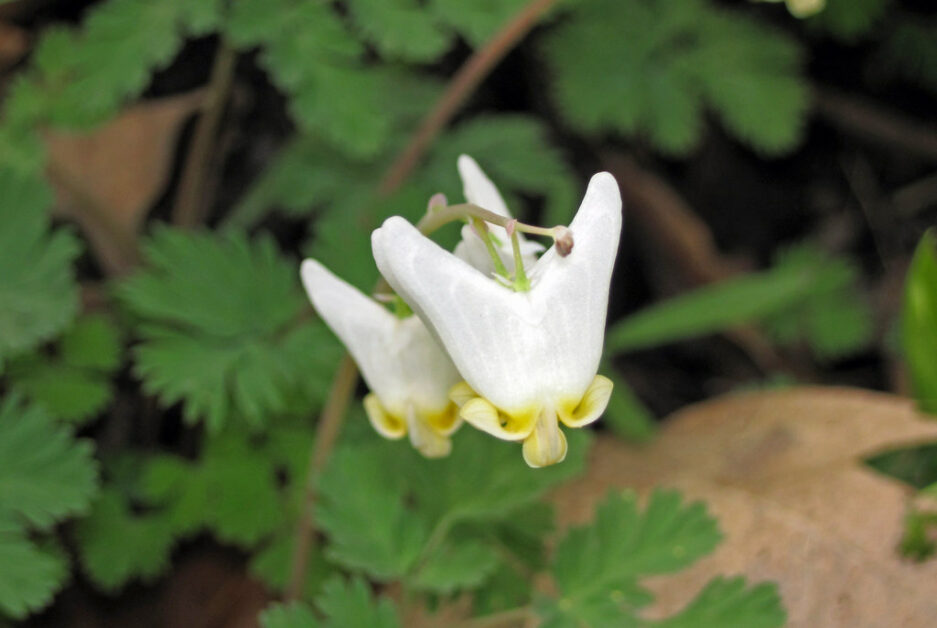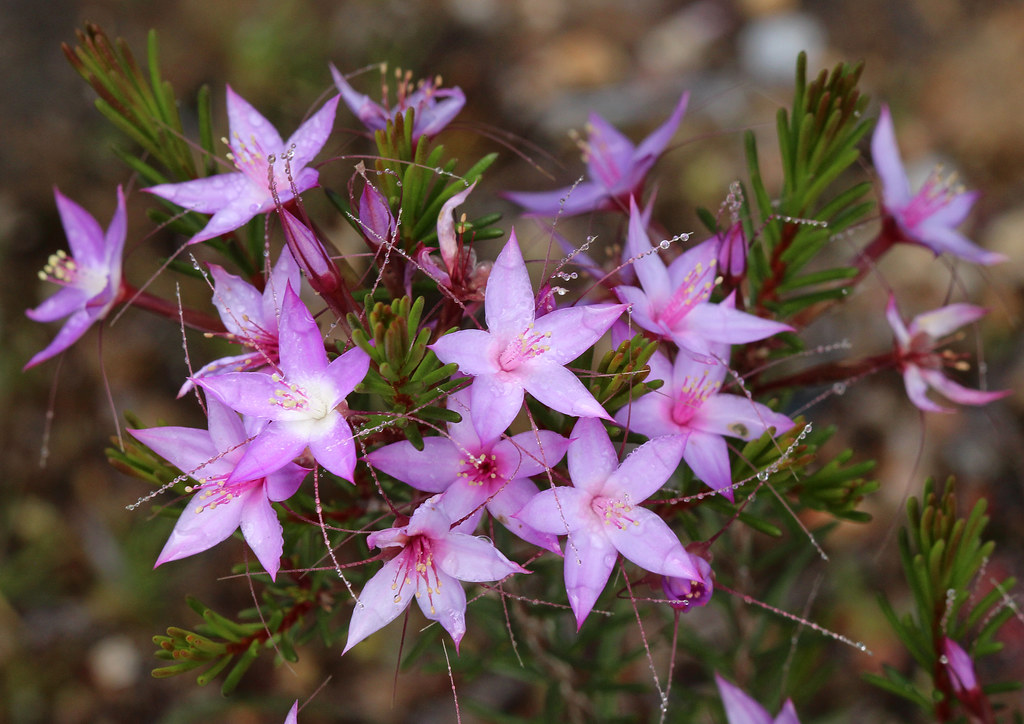Spring is in the air. Finally! That means our thoughts naturally turn to all of the great outdoor activities we’ll be doing soon. For many of us, that includes working in the garden. While it may be a bit too early to plant much outdoors this month, it’s definitely time to start planning our spring gardens. What worked well for you last year? What didn’t quite come out as you planned? It’s good to think of these things, but maybe this will be your first year gardening. Whatever your experience level, we’ve provided some suggestions for the best plants for your Clark County spring garden. Get growing and let us know how it goes!
1. Daisies
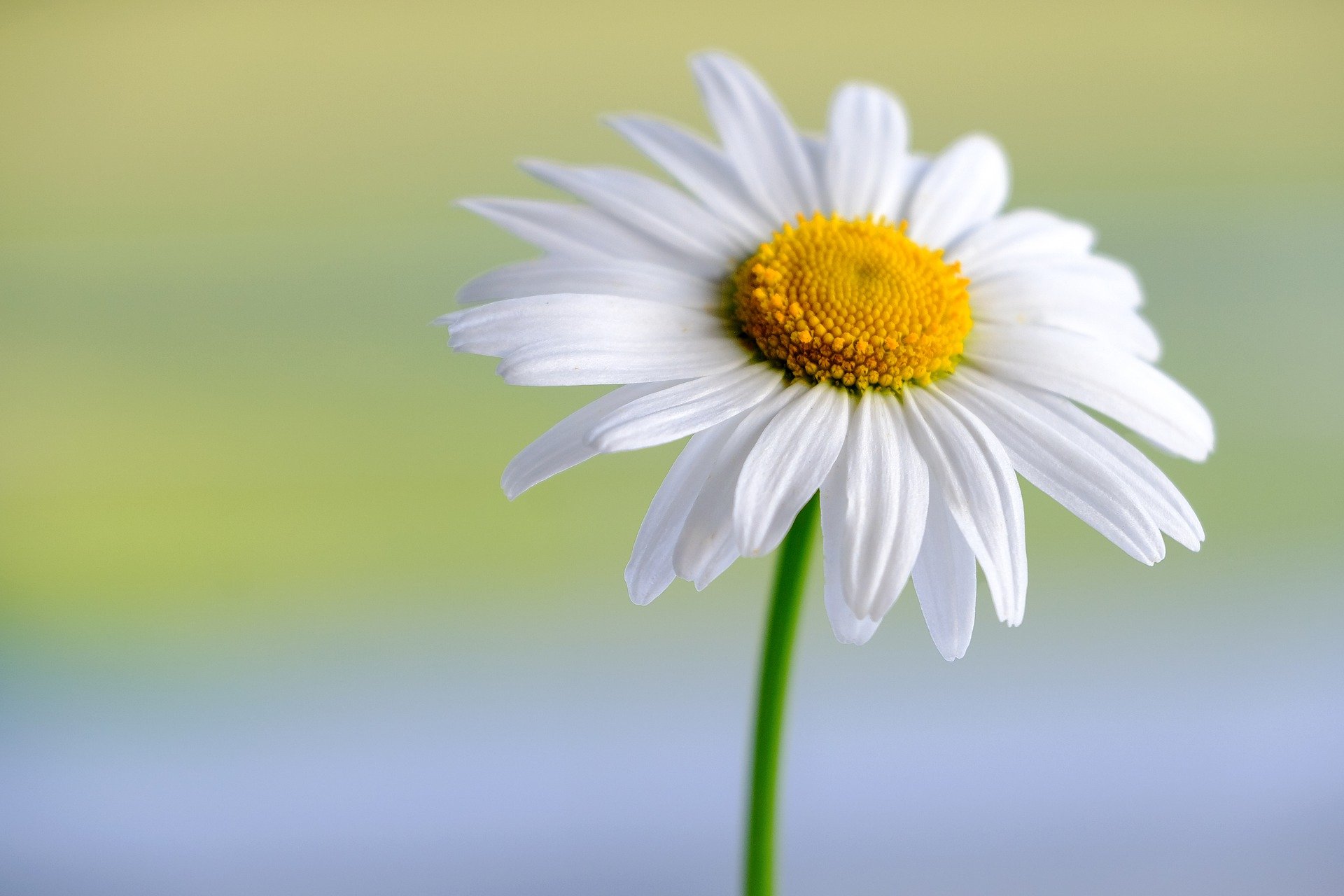
Daisies produce strikingly gorgeous flowers with rosettes of thin white petals surrounding a dark brown or bright yellow floral disk. These blooms are supported by one stem that groups from a cluster of dark green rounded leaves. It’s frequently cultivated in lawns, gardens, prairies, or hillsides. These flowering plants usually emerge in late spring and continue blooming until early fall. Daisies like the sun with an afternoon shade and prefer cool temperatures along with cool, moist soil. They also range between 10 inches to two feet fall and come in varieties with ruffled, single, or double petals.
2. Columbia Lily
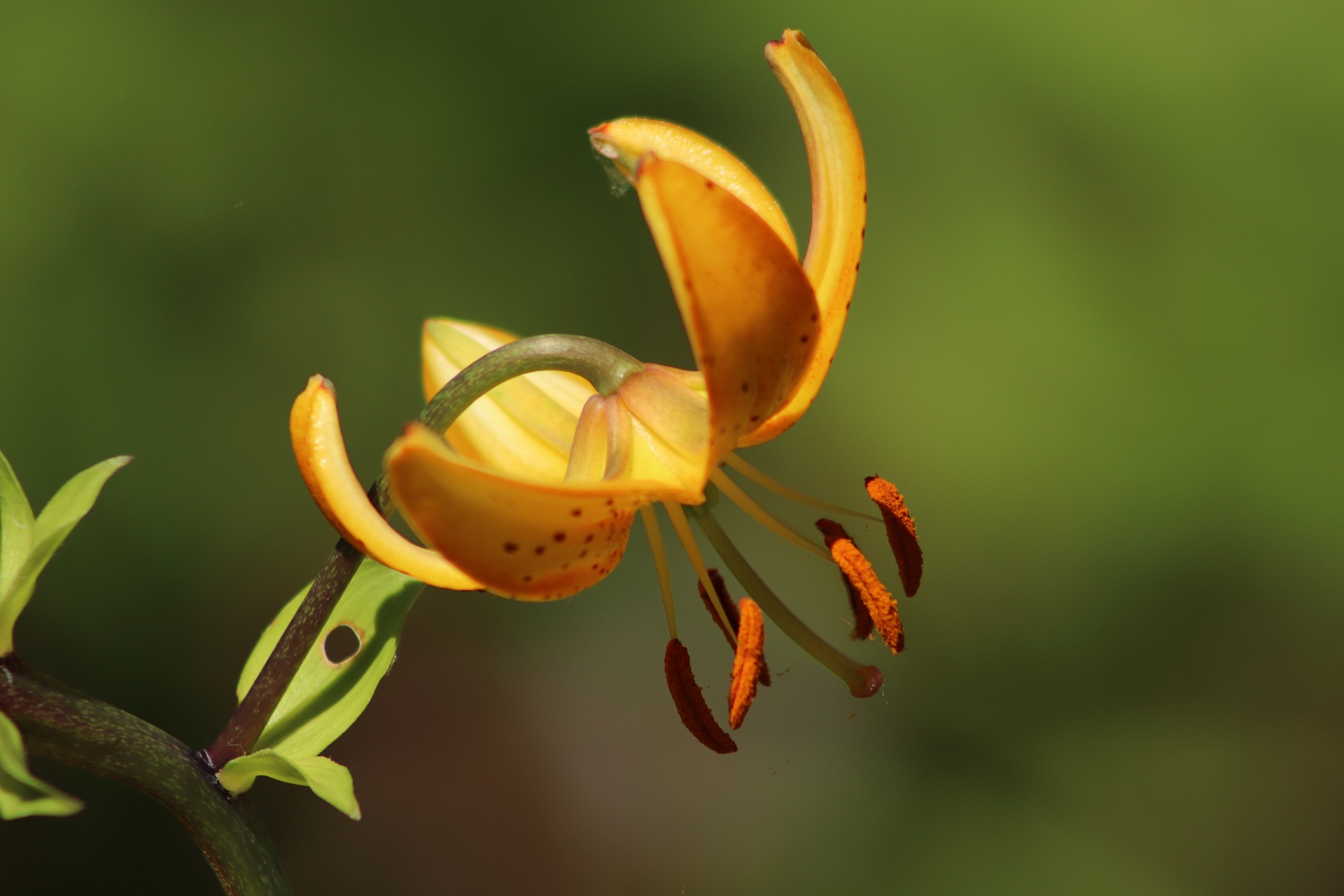
The Lilium Columbianum blooms are known for their dark orange coloring and brown speckles. This plant does well in lightly dry soil and partial shade. Also known as the Columbia tiger it grows naturally throughout the southern part of British Columbia, Canada, and the northwest U.S. The plant grows as close to four feet tall with leaves appearing in between two and nine whorls, two to four inches long.
3. Bear’s Breeches
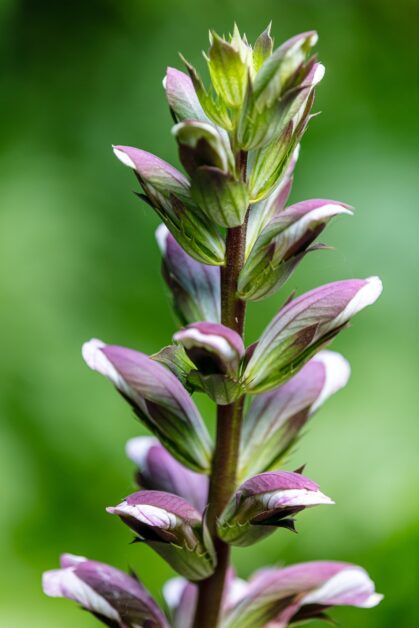
When it comes to tall, attractive, and eye-catching flowers, the Bear Breeches is a great choice. These large perennial plants with tall spikes of flowers and glossy green leaves immediately become the center of attention of any garden. They are usually used as architectural plants and can be grown for their foliage alone or the flowers.
Bear Breeches are known for their big, coarse leaves, which add a sculptural form to woodland gardens. These plants can be described as white flowers that grow on three to six-foot-tall flower stalks and are hooded by beautiful purple bracts.
4. Oregon Anemone
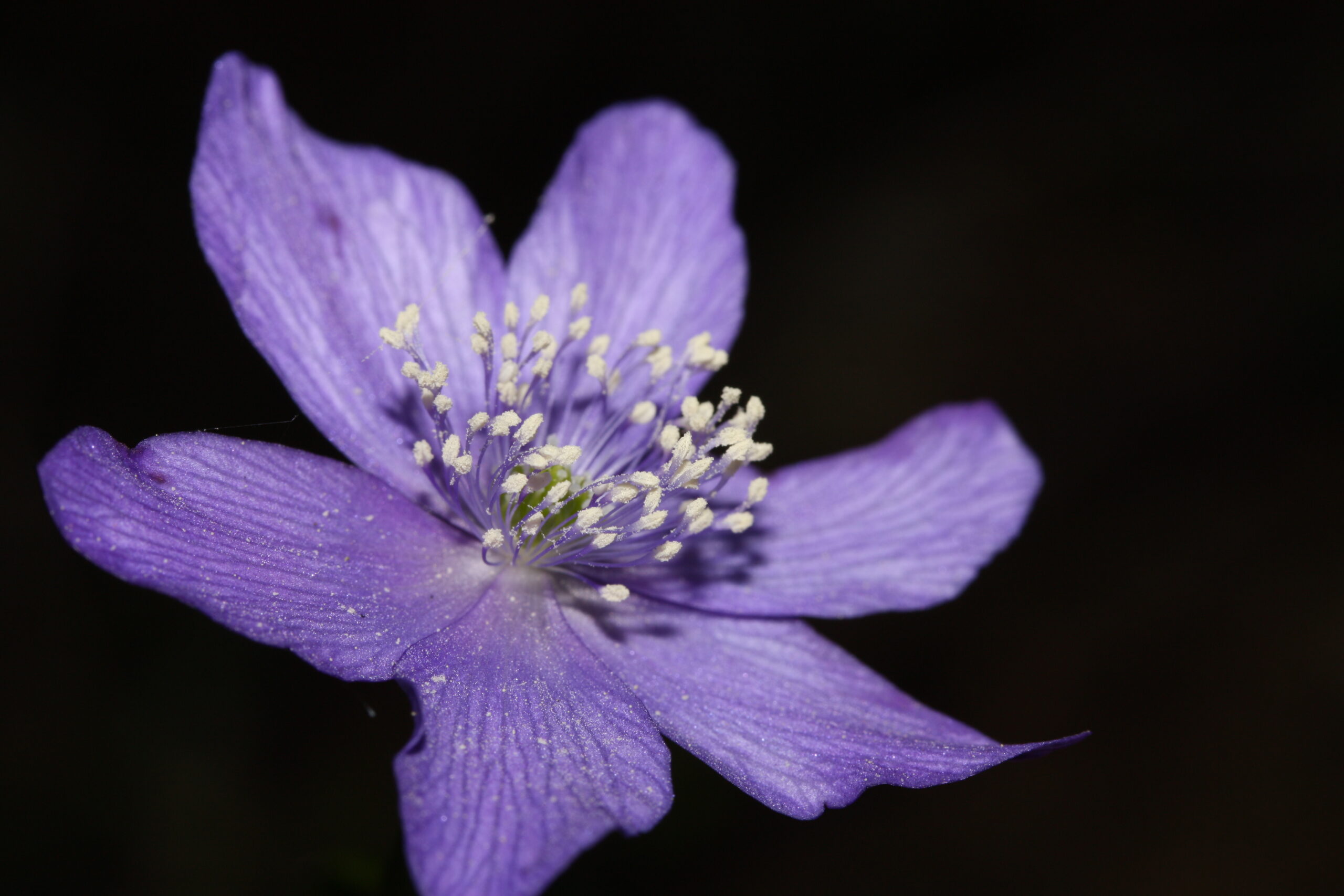
The Oregon Anemone is a perennial herb that blooms in early spring. The plant does well in moist areas and is commonly found growing wild along the west coast. It comes in a variety of colors from blue and purple to reddish pink and bi-colored. Two variations, oregana and felix, are common to the Pacific Northwest and do well in gardens here.
5. Lily of the Nile
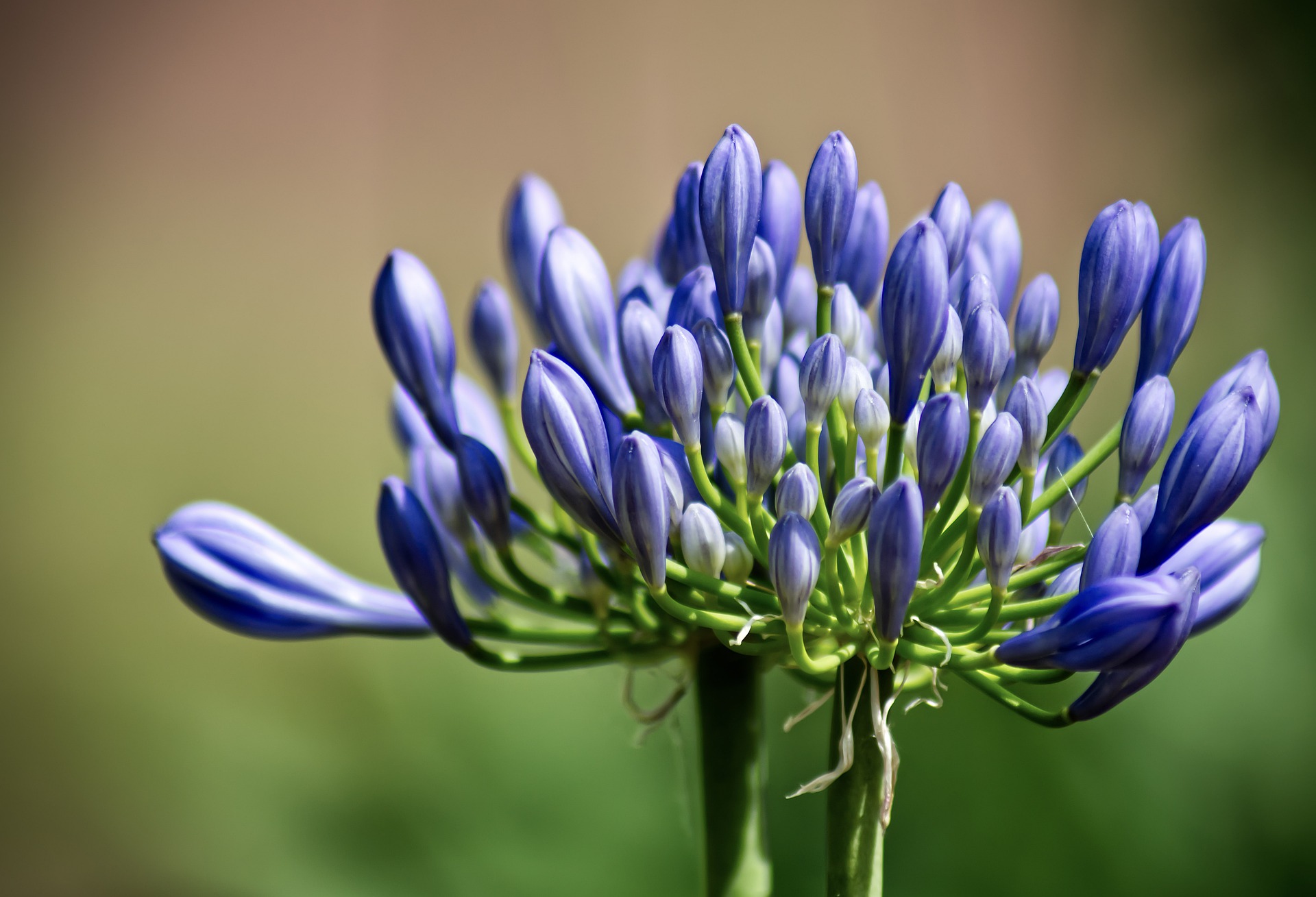
Lily of the Nile, also called Agapanthus, is one of the gems you’ll find in Orange County. It’s a marvelous perennial plant that blooms between Spring and summer, producing spectacular floral scapes. This South African beauty has unique features that display masses of stunning white and blue flowers atop a slender and tall stalk. Agapanthus flowering plants reach up to four feet when mature and bloom for a few months.
Because of its relatively tall heights, gardeners can choose to make them a lovely back border or a center price of their garden. For a dramatic effect, plan a large cluster throughout a sunny garden spot. They can be used in container planting as well.
6. Peace Tea Rose
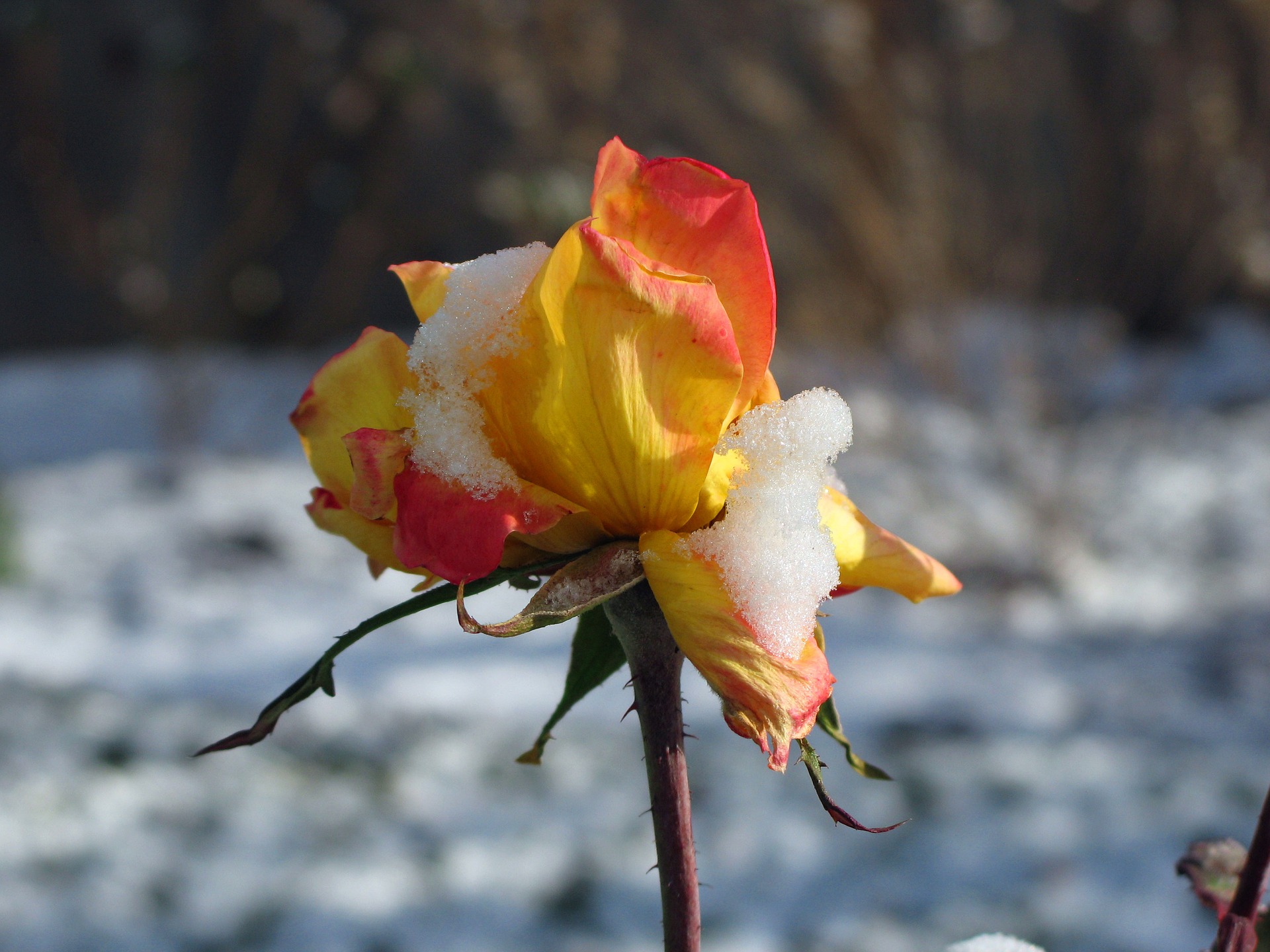
There are many classifications of roses. There are heritage, floribunda, English, climbing, and hybrid tea roses to name a few. A variety that adds a nice splash of color to a spring garden is the Peace Tea Rose which is a hybrid created in France in the 19th century. It’s been a popular choice for gardens ever since. The flower features yellow and pink shadings and across large with high-centered blooms. Its name commemorates the end of World War II.
7. Dutchman’s Breeches
Dicentra cucullaria, or Dutchman’s breeches, is a wildflower found throughout North America. The breeches nickname is inspired by the flower which looks like a pair of inflated trousers hanging upside down. Apparently, they look like a pair of Dutch trousers. These plants make a great addition to any spring garden in Clark County. They add a distinctive look thanks to the blooming flower but also to their fern-like foliage
8. Western Starflower
While some gardeners may not consider the Western Starflower to be showy enough for their flower, it is a good choice for woody areas with lots of shade. Blooming in late spring and early summer, this plant also known by its scientific name Trientalis Latifoliata, is a part of the Primrose family. Trientalis translates to “one-third of a foot” in Latin and that’s about how high this perennial herb grows. The star-like, snow-white petals occur in flowers either singly or in twos or threes with five to nine petals per flower. They’re a great plant for adding a bit of the wild mountain flower to your garden.
9. Oregon Iris
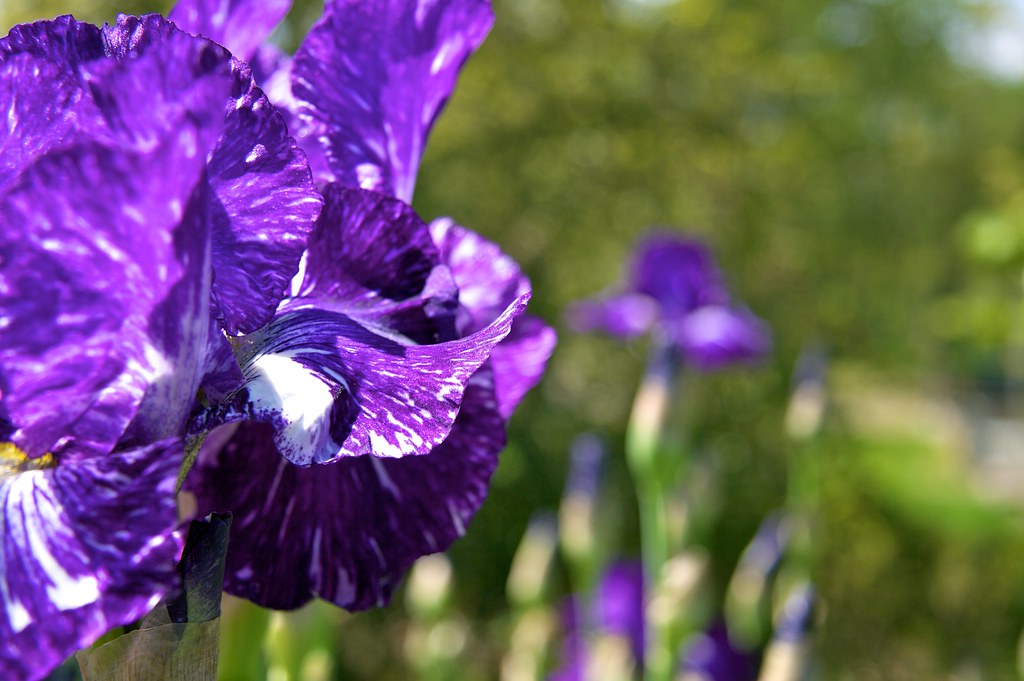
There are over a dozen Irises native to the west coast. Seven of those varieties seven can be found in Oregon. You can see them flourishing in the lower elevations of the Cascades, but they also make for a good addition to your Clark County spring garden. The flowers appear atop slender stems and bloom in colors of bluish-purple as well as shades of yellow to white. The Oregon Iris is a hardy plant that blooms from mid to late spring and does well in moist soil and partial sunlight.

